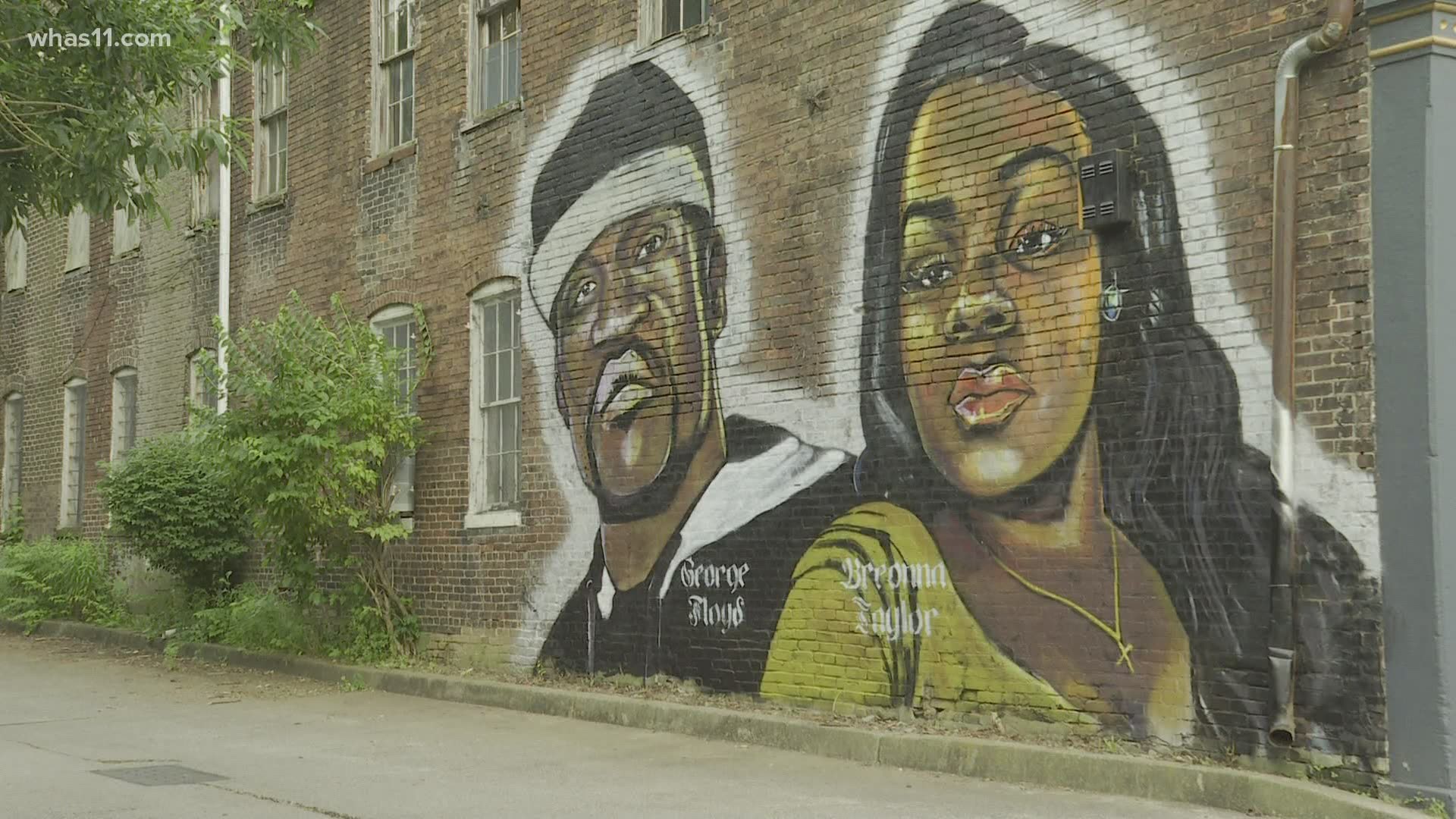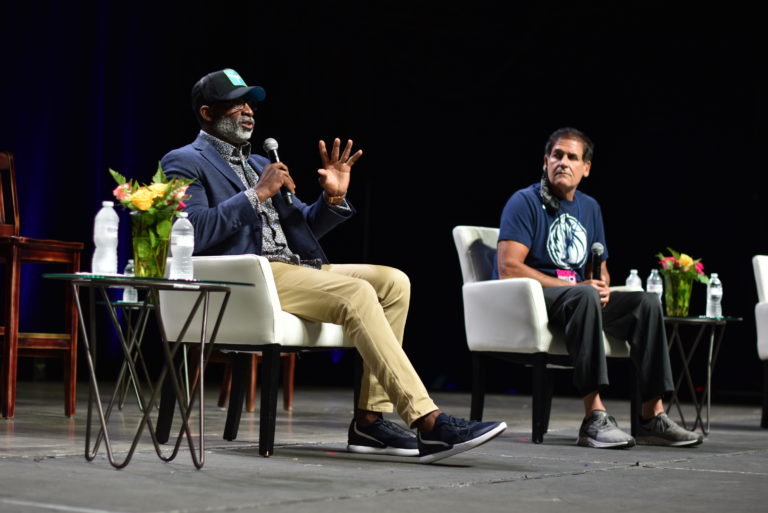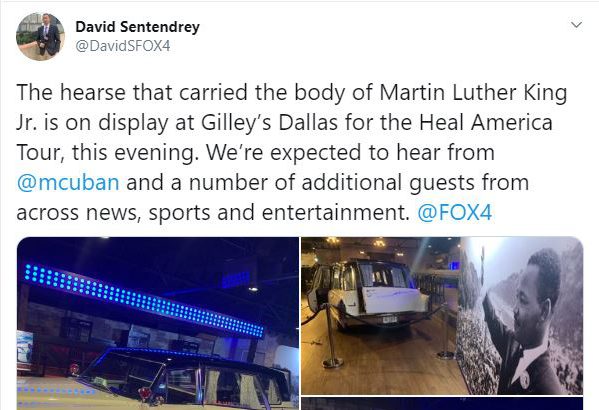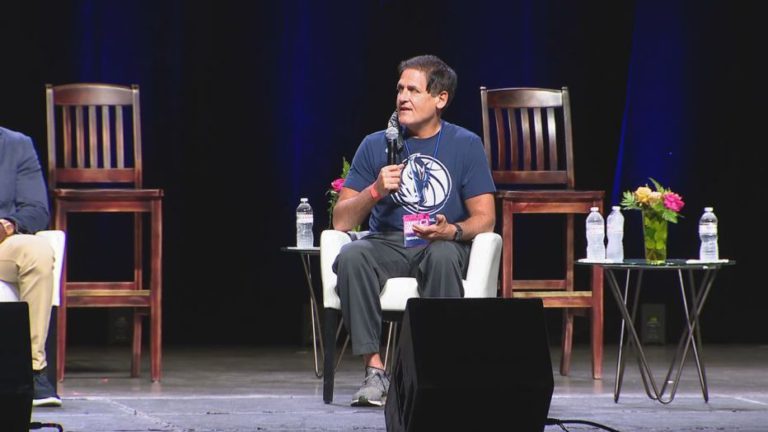Brian Hooks and Omar Jahwar – Opinion Contributors
Published 1:25 p.m. ET May 31, 2020
What does it say about our society when a man spends eight minutes desperately asking a person sworn to protect his life not to end it?
The police in Minneapolis had confronted George Floyd on suspicion of a nonviolent crime. Onlookers who joined him in pleading with the arresting officer to remove his knee from Floyd’s neck were also unsuccessful. He died. And we are all witnesses.
And what does it say about our society when a man is killed and it takes the justice system 74 days to respond?
That’s how long it took for the two men who killed Ahmaud Arbery to be arrested, though authorities had identified them within hours of the shooting. And just last week, another 14 days later, a third man was taken in by police.
The actions of the people we trust to carry out our country’s promise of equal justice under the law speak volumes about how much more our country must do to live up to our ideals.
These horrific events come at a time when states and the federal government are beginning to remove the double standards that violate that promise. Notably, laws that criminalize poverty and reinforce systemic racism are being changed. The two of us have participated in the diverse coalition that supports this movement for justice reform. Alongside many others, we’ve experienced the excitement of real progress.

Book Justice
That’s because justice does not only live in books or legal statutes. It is written on the hearts of human beings. Without a change of heart, a law can only do so much.
When Arbery was killed, the law required swift action. But that’s not what happened.
Had the races been reversed — that is, had the men in the truck holding guns been black and the jogger white — it is simply unimaginable that an arrest would have taken more than two months.
The fact that no reasonable person can disagree with this observation shows how complacent we’ve become with a double standard in our justice system. What would be unacceptable for one group is seen as commonplace for another.
The many explanations that surfaced after Arbery’s killing have become familiar excuses for the unequal application of the law.
But he looked like a criminal. But he has a record. But he was trespassing a few weeks earlier. (But he was black.)
None of these excuses justify allowing those who killed this unarmed man to walk away. This is not justice. And neither is the brutality of what happened to George Floyd.
But this failure in our country’s core institutions is not limited to the justice system.
Research shows that in the United States, African American men are 2.5 times more likely to be killed by police than white men. And while violence against black men is the most stark illustration of the injustice baked into our institutions, we see inequities across society that contribute to devastating outcomes.
We see it in education where only 6% of black high school students graduate ready for college (compared with a still abysmal 25% for everyone else). In communities, blacks are incarcerated at five times the rate of whites. In the economy, black families’ net worth is just 25% the national average.
Cultural Transformation
Changing laws will help improve these outcomes, in part. But we must do more. Removing the barriers that are holding people back requires a deeper personal and cultural transformation.
If we are to live up to our ideals as a country, then the way our institutions function in practice must reflect a deep belief in people –in all people: in our schools, communities, businesses, and our system of justice. And all Americans must commit to break down the barriers that betray that belief. As long as anyone among us is treated as less than an equal part of our shared humanity, we all have much more to do.
You’ll find few who say they disagree with that statement. But actions speak louder than words. And the actions in Minnesota and Georgia speak for themselves.
The same urgent energy and spirit of unity that has emerged to change the laws that govern our justice system must come together to help us break down more fundamental barriers across society. It starts with every American asking themselves: can we live with social institutions that don’t live up to our ideals?
Or will we confront the practices that treat some among us as less than others — a view that took Ahmaud Arbery from his family forever and left his loved ones waiting 74 days for justice, and ended George Floyd’s life in those few, horrific minutes.
Brian Hooks is CEO of Stand Together, the philanthropic community founded by Charles Koch, where Omar Jahwar, founder of Urban Specialists, leads “Course Correction Conversations” to bring diverse groups of people together to address injustice and heal after tragedy.
Click here for the original post.
We want to hear from you. Please comment below!





